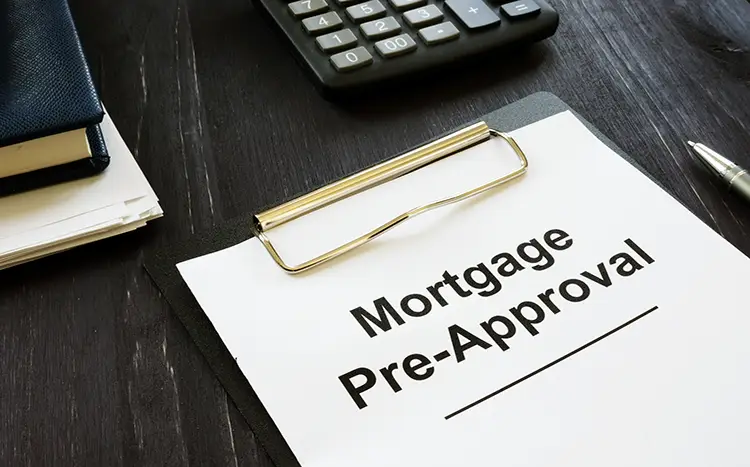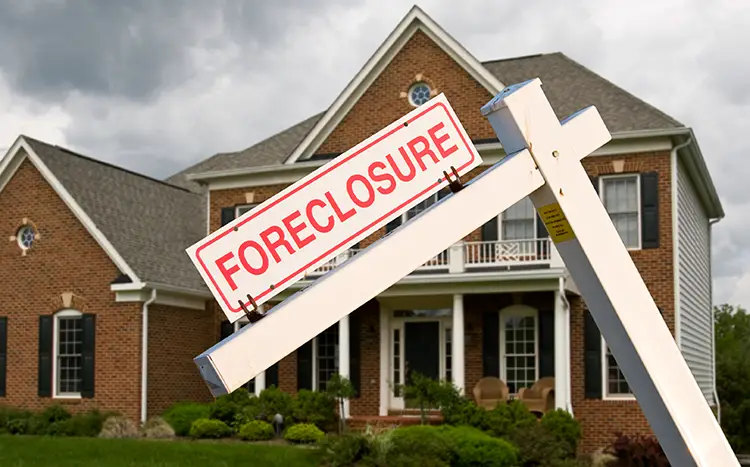How to Buy a Foreclosure
Published on December 27, 2023 | 3 Minute read

Melanie
Ortiz Reyes
Content Specialist
In the world of real estate, buying a foreclosure can be a lucrative yet challenging endeavor. While the prospect of acquiring a property at a significantly discounted price is appealing, navigating the complexities of the foreclosure process requires careful consideration and due diligence.
Understand the Foreclosure Process
Foreclosures occur when homeowners default on their mortgage payments, leading the lender to take possession of the property. There are various stages in the foreclosure process, including pre-foreclosure, auction, and post-foreclosure (bank-owned or real estate owned - REO). Understanding these stages is important in order to make informed decisions.

Assess Your Finances
Before diving into the foreclosure market, evaluate your financial readiness. Consider your budget, the costs associated with repairs and renovations, and the potential for unforeseen expenses. Having a clear understanding of your financial capacity will help you determine the type of foreclosure property that suits your investment goals.
Research the Local Market
Thoroughly research the local real estate market to identify areas with a high concentration of foreclosures. This will give you insights into property values, potential appreciation, and the overall market trends. Working with a local real estate agent who specializes in foreclosures can provide invaluable guidance.

Get Pre-Approved for Financing
Securing pre-approval for a mortgage is crucial when buying a foreclosure. Many foreclosed properties are sold through auctions, and having pre-approved financing will strengthen your position as a buyer. It also ensures you know your budget limits, preventing the risk of overextending yourself.
Attend Foreclosure Auctions
Foreclosure auctions are a common way to purchase distressed properties. Research upcoming auctions, attend, and familiarize yourself with the bidding process. Be cautious and set a maximum bid to avoid getting caught up in the excitement and bidding more than you can afford.

Consider Bank-Owned Properties
If the auction process seems too risky or intimidating, consider buying a bank-owned property (REO). These properties have already gone through the foreclosure process, and you can negotiate directly with the bank. While there may be less room for negotiation compared to auctions, the process tends to be more straightforward.
Conduct a Thorough Property Inspection
Once you've identified a potential foreclosure property, conduct a comprehensive inspection. Foreclosures often require significant repairs, so understanding the property's condition is crucial for estimating the total investment needed. Hire an inspector to identify potential issues and assess the overall condition of the property.

Negotiate Wisely
Negotiation is a key aspect of buying a foreclosure. Be prepared to negotiate the purchase price and also potential repairs or concessions. Knowing the property's market value and the extent of necessary repairs will empower you during negotiations.
Buying a foreclosure can be a rewarding investment, but it requires careful planning, research, and a thorough understanding of the process. By following these steps and staying informed, you can turn a distressed property into a hidden gem, realizing both financial gains and the satisfaction of transforming a neglected house into a valuable asset. Remember, patience and due diligence are your allies in the world of foreclosure investing.